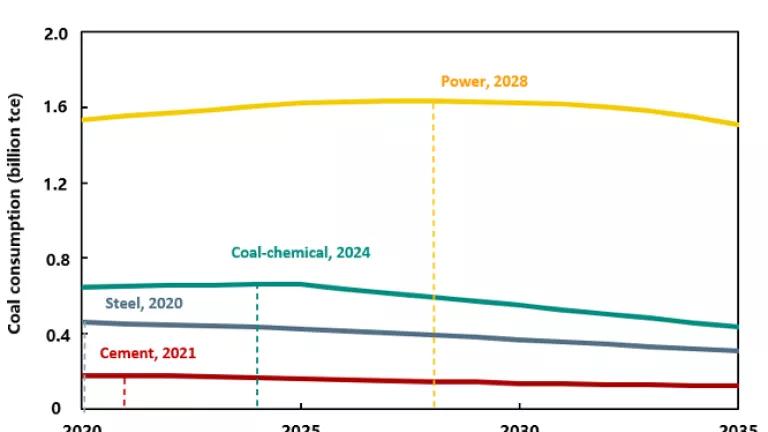China kicks off legislative research project for the drafting of its national climate change law
On July 12, Chinese government representatives and climate change experts convened the opening meeting of the China climate change legislation research project, intended to examine both international experiences with climate change legislation and relevant domestic laws in an effort to inform the drafting of China’s own climate change law. (See article in Chinese.) Representatives from the National Development and Reform Commission (NDRC), the National People’s Congress Environment and Resource Protection Committee, the Legislative Affairs Office of the State Council, Chinese Academy of Social Sciences, Chinese Academy of Sciences, NDRC Energy Research Institute, China University of Political Science and Law (CUPL), Tsinghua University, Renmin University, and Energy Foundation, as well as other relevant units and climate experts participated in the opening meeting.
The impetus for establishing a climate change law began in 2009, when the National People’s Congress Standing Committee passed a resolution on actively responding to climate change (English translation) (original Chinese version), including through strengthening climate change-related laws such as the Energy Conservation Law and Renewable Energy Law and incorporating climate change-related legislation on the legislative agenda. The State Council has entrusted the National Development and Reform Commission, in particular the Climate Change Department, with leading the drafting of the law, and the Climate Change Department has in turn entrusted CUPL with organizing research related to the climate change legislation.
At the opening meeting, Climate Change Department Director Su Wei made three points regarding the legislative research project: (1) It should analyze and draw lessons from international and domestic climate legislation policy and experience, from both developed and developing countries, including research on carbon trading, carbon tax and other mechanisms; (2) In addition to collecting basic materials, it should also undertake deeper investigations; and (3) It should emphasize communications with and guide the public to participate broadly in the legislative work.
Indeed, while the drafting and passage of the climate change law will be a multi-year process, the government has taken a very open approach to drafting the legislation, publishing a notice earlier this year in March seeking public input on the law by September 30 (see NDRC notice in Chinese). At the same time, even as the drafting process is occurring, China is moving forward with plans to develop on-the-ground experience with programs that could be important components of the climate law, such as carbon trading pilots and gradually setting up a carbon emissions trading market (as NDRC Minister Xie Zhenhua reiterated recently), developing thirteen official pilot low carbon cities and provinces (although many other provinces and cities are also exploring how they can develop in a more sustainable, low carbon way), and strengthening mechanisms and programs for increasing renewable energy and improving energy efficiency, including through expanding demand side management programs.
As other countries, notably Australia (see my colleague Jake Schmidt’s summary of Australia’s climate legislation) and South Korea (see here and here), continue to push forward with plans to develop the legal and policy frameworks for addressing climate change and promoting a low carbon economy, including through putting a price on carbon, China is determined not to be left behind. The climate change law that China ultimately develops will no doubt be tailored to its unique political, economic and environmental circumstances, and will require careful consideration of how experiences from abroad and within China can inform the establishment of a framework appropriate for China. The Chinese climate change legislation research project is an important start for laying a solid foundation for this work.




